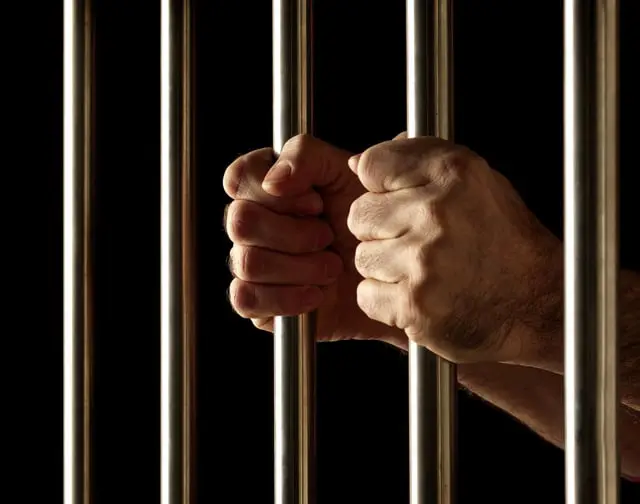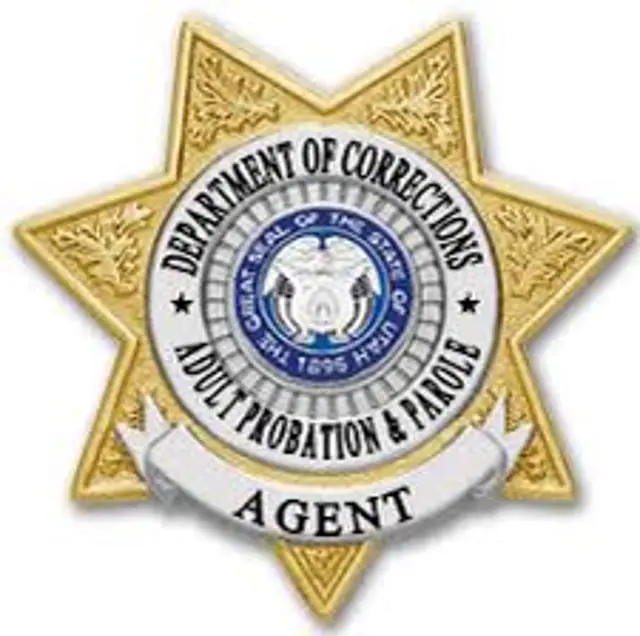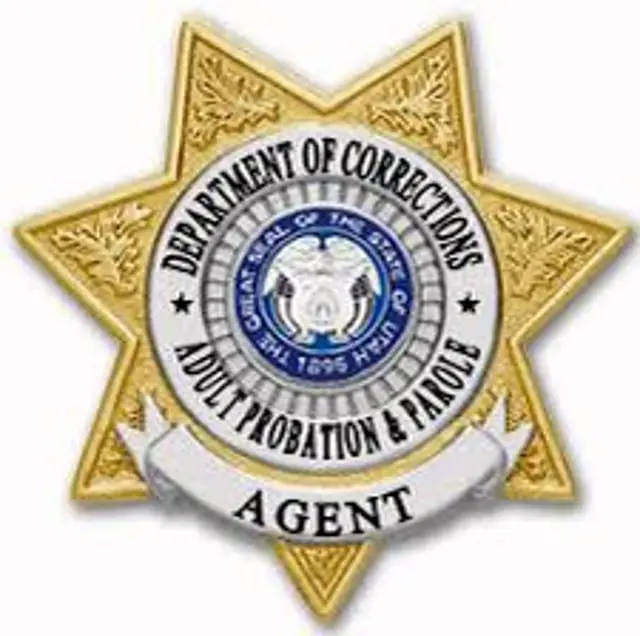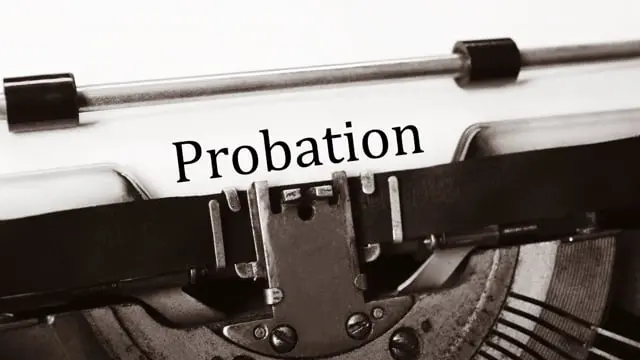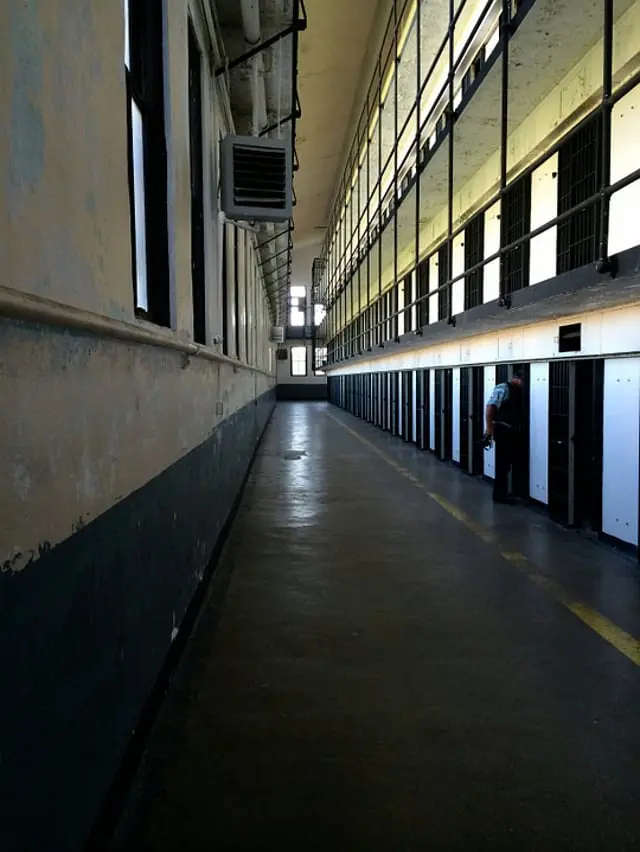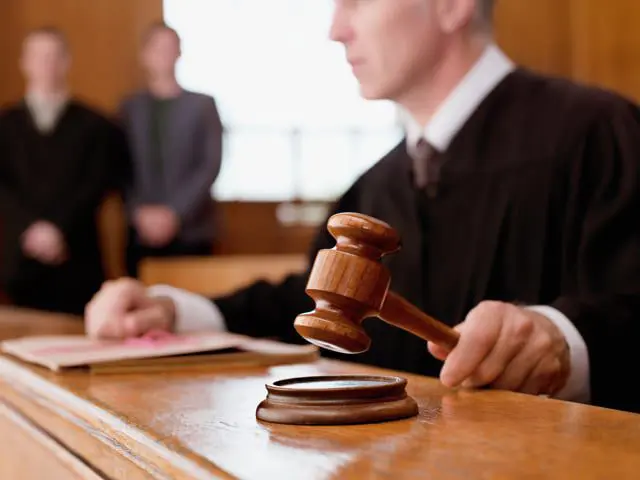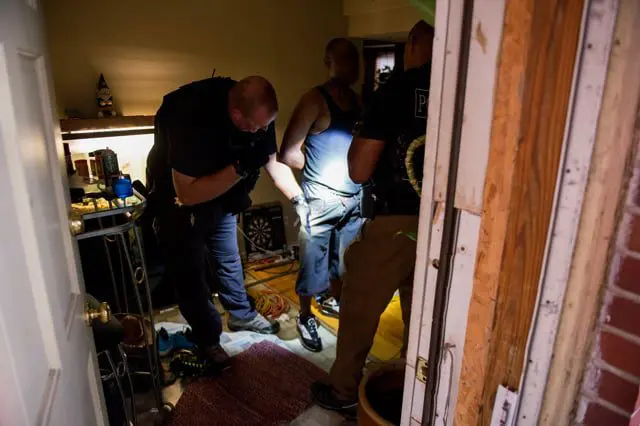Probation
Comprehensive Guide to Probation in Criminal Justice System
Probation is a pivotal aspect of the criminal justice system, offering an alternative to incarceration for certain offenders. Understanding probation’s legal nuances is crucial for legal practitioners, probationers, and those affected by its conditions.
Probation allows individuals convicted of a crime to serve their sentence outside of prison, under specific conditions and supervision. It is designed to rehabilitate offenders and integrate them back into society while ensuring public safety. The terms of probation can vary widely, often including requirements like regular meetings with a probation officer, drug testing, employment mandates, and curfews.
One of the key aspects of probation is compliance. Failure to adhere to the conditions can result in probation violation, which may lead to severe consequences, including potential incarceration. It is vital for probationers to understand their responsibilities and for legal professionals to advise clients effectively on maintaining compliance.
The role of the probation officer is significant in monitoring compliance and providing support. They are responsible for ensuring that the probationer adheres to the conditions and may recommend actions to the court in case of violations. The relationship between the probationer and the officer can significantly impact the probation experience.
Legal strategies in probation cases often involve negotiating terms that are realistic and manageable for the probationer. This includes advocating for fair conditions and modifications based on changes in circumstances, such as employment status or health issues.
The legal process for probation violations is another critical area. When a violation is alleged, a hearing is usually held to determine if a violation occurred. Legal representation is essential during these hearings to protect the probationer’s rights and present evidence or arguments in their favor.
Probation also has broader societal implications. It is seen as a cost-effective alternative to incarceration, reducing the burden on the prison system and allowing individuals to contribute positively to society. However, its effectiveness in reducing recidivism is often debated, leading to discussions about probation system reforms.
Technological advancements have influenced probation management. Electronic monitoring, GPS tracking, and online reporting have become common tools in supervising probationers. These technologies provide efficient ways to monitor compliance but also raise privacy and ethical considerations.
In conclusion, probation is a complex element of criminal justice, involving legal, ethical, and societal dimensions. It requires careful navigation of its conditions, a clear understanding of legal rights and responsibilities, and strategic legal representation. As societal attitudes and technologies evolve, so too do the practices and policies surrounding probation, reflecting the dynamic nature of this legal discipline.


